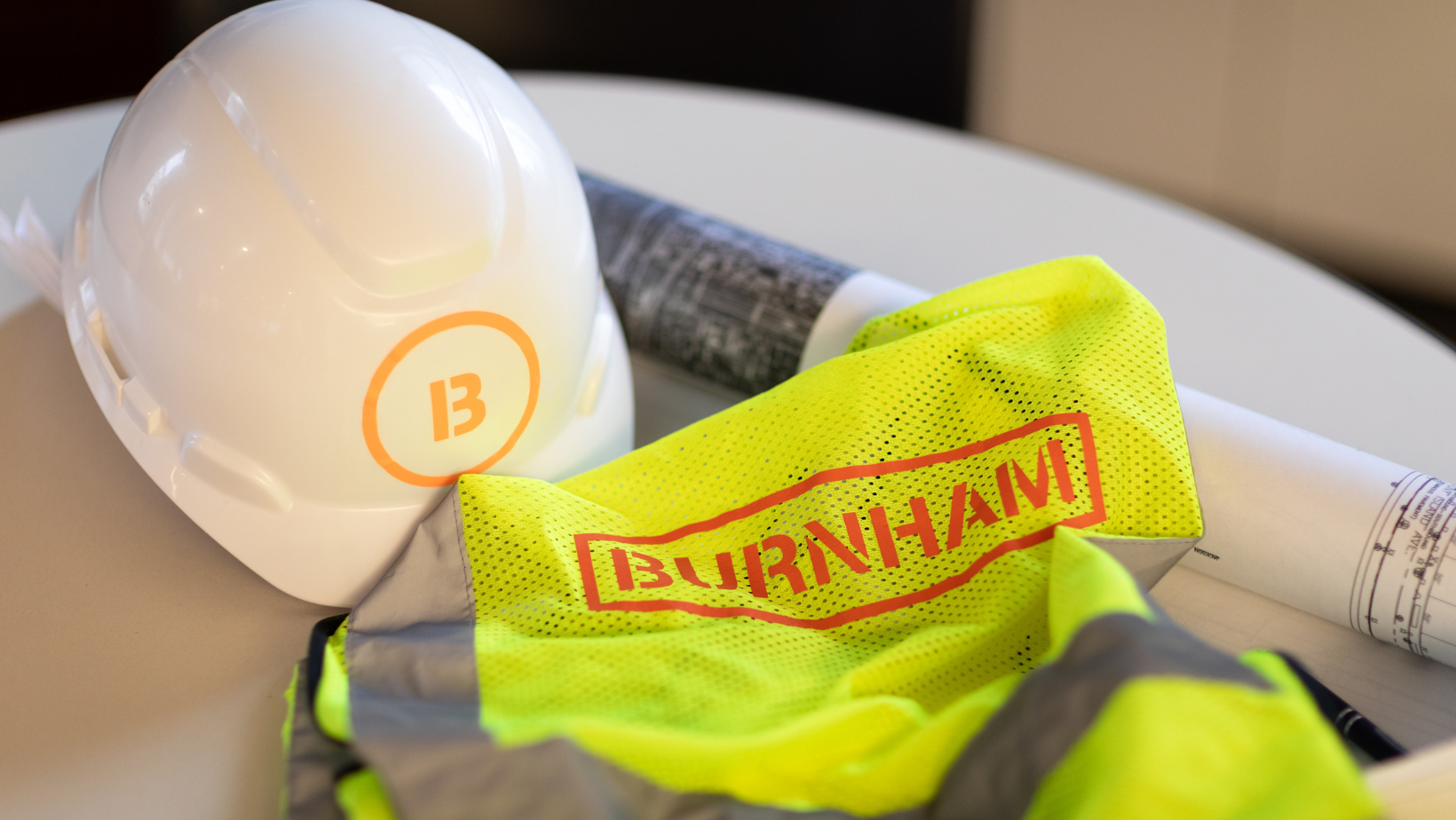Key Techniques to Simplify Multi-Site Expansions

Posted by Matt Murray

Multi-site expansions require thorough planning, precise scheduling, and intensive coordinating of many moving parts including initial research on processes for building permit filing and obtaining required licenses, filling for construction permitting in multiple municipalities, coordinating design and construction teams, and creating realistic timelines for all operations. Burnham Nationwide’s multi-site expansion division manages projects across the country and our team has years of experience with high volume, time-sensitive rollouts.
If you have an upcoming multi-site expansion initiative, there are a few tactics you can use to ensure your project’s success. We’ve covered our own work in this portion of the industry in previous posts, but we’d like to share a few insights into techniques to make your projects more efficient no matter where you may be in the process.
Initial Research for Every Jurisdiction
In order to make the process as smooth as possible, obtaining reliable permit research for all aspects of the construction and operating process is essential. Each municipality across the United States has its own rules and regulations for the permit process, including code requirements, permitting documentation, and business licensing. Requirements can change without notice - including the submittal requirements such as types and number of copies of plans required and supplementary documentation - meaning that for each permitted submitted, research should be completed for every jurisdiction.
For rollouts with hundreds of sites, it can be time-consuming to obtain this information, but it is a necessary step to both create construction timelines and avoid costly delays during the plan review process. There are often areas or jurisdictions that may have more difficult submittal requirements or more intensive review times, and learning this information earlier in the process is crucial to successful projects and maintaining strict timelines.
Familiarity with Local Codes, Requirements for Individual Projects
Projects may need to be adapted to individual jurisdictional requirements as code enforcement varies between municipalities, especially in major cities with complex processes. After establishing requirements through initial research, understanding how a municipality may approach a specific project is key to timely reviews of projects of all scopes. By reviewing plans and project details prior to submittal, projects can be adapted to their specific jurisdiction. We have utilized this approach for clients such as Fusion Academy, clearing the way for a successful submittal.
Fusion Academy (Fusion), a learning center focused on one-to-one teaching, is sometimes classified as Educational use in certain jurisdictions. E occupancy buildings are required to undergo more stringent code requirements associated with schools and other buildings with large populations.
In the City of San Francisco, the Burnham team negotiated with the City in order to reclassify Fusion as Business use, an occupancy type more in-line with Fusion’s unique approach. By securing a B occupancy classification, Burnham was able to expedite the permit process and avoid multiple rounds of revisions and a lengthy review process. Instead, our project management team secured an Over-the-Counter (OTC) review for what would have otherwise been a minimum three-month process.
This method can also apply for projects that may have additional needs, such approvals as a result of landmark status. During Target stores’ upgrades of existing locations, the project team managed historic approvals for conversion of the landmark Carson Pirie Scott & Co building designed by Louis Sullivan, requiring familiarity with the City of Chicago’s regulations and approval processes.
Though projects initiated as part of a retail rollout may all have the same parameters, each jurisdiction’s rules may apply differently to the same scope of work. Knowing this information and addressing it prior to submittal is vital.
Utilizing Local Expertise to Facilitate Submittals
Though thorough research can mitigate some review delays, when operating with multiple permit submittals in progress at one time, utilizing local expertise is essential for successful project. Our nationwide team - as well as our individual permit offices across the country - are familiar with the submittal process and permit requirements for both major construction hubs and areas with multiple cities where building is occuring.
Finding a project manager that can effectively navigate specific jurisdictional requirements is essential to adapting a more standardized approach to on-the-ground needs. Experienced permit teams can manage multiple projects at once within neighboring municipalities, creating single points of contact during complex submittals.
Having a single point of contact is one of the most efficient ways to conduct a rollout, especially when the contact can serve as a project representative while interfacing directly with the municipality.
During our work with Pep Boys automotive services and retailing, we relied on our local expertise to solve a zoning challenge for a particular location in Lubbock, TX. Without knowledge of the area and our ability to provide a specialized approach to the specific location, obtaining the required zone change in a timely manner would have been extremely difficult.
Though it's possible to prepare for large-scale projects, each individual construction timeline will have its own challenges. Learn more about our work with other nationwide clients to get a further behind-the-scenes look at what managing multi-site projects entails.





